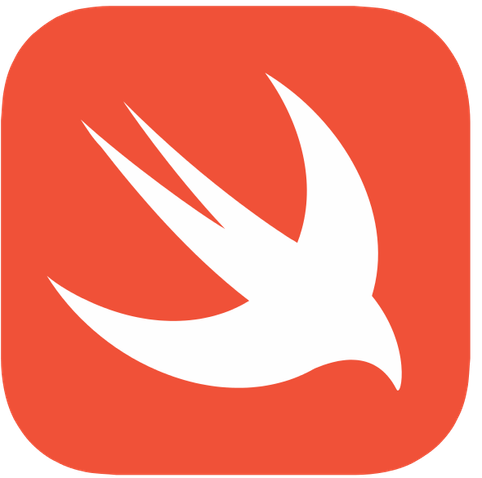@nicklockwood I thought `expect try` *was* correct…
https://forums.swift.org/t/try-expect-throwing-or-expect-try-throwing/73076
@nicklockwood I thought `expect try` *was* correct…
https://forums.swift.org/t/try-expect-throwing-or-expect-try-throwing/73076

try #expect(throwing()) or #expect(try throwing())? It seems like these are often interchangeable… but I am also seeing cases where only try #expect(throwing()) compiles without errors (and #expect(try throwing()) does error). Is there a best practice between these two? A related question is async expectations: await #expect(awaiting()) or #expect(await awaiting())? Is it generally a better idea (less probability for a compiler error) to specify the await outside of the expect?
@nicklockwood there is an open issue where `expect try` might be blocked. the workaround for now is to split it across two lines. which afaik is still recommended instead of `try expect`.